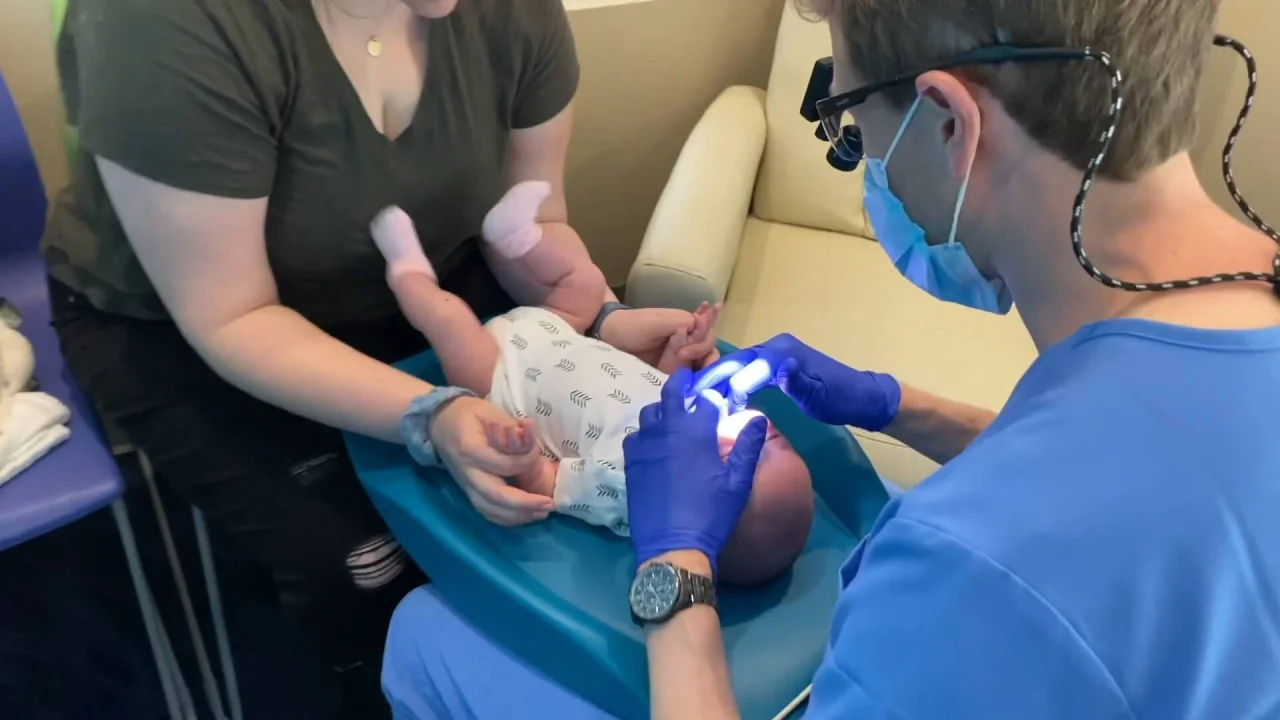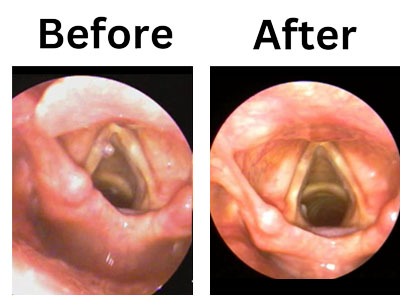Definition
Microscopic laryngeal surgery (MLS) stands as a breakthrough in addressing hoarseness, offering a meticulous and minimally invasive solution. This procedure, conducted under specialized magnification, targets the precise area of concern within the larynx to restore vocal function effectively.
Procedure Overview:
During MLS, a high-powered microscope provides detailed visualization of the laryngeal structures. This allows the surgeon to navigate with unparalleled precision, accessing the affected area while minimizing disruption to surrounding tissues.

Surgical Technique:
Employing microsurgical instruments, the surgeon delicately operates within the larynx, addressing conditions such as vocal cord lesions, nodules, or polyps. The focused approach ensures targeted intervention, preserving vocal quality and function.
Benefits:
1. Minimized Trauma: MLS minimizes trauma to the delicate laryngeal tissues, leading to faster recovery times and reduced postoperative discomfort for patients.
2. Precision and Accuracy: The microscopic view enables precise identification and removal of lesions or abnormalities, ensuring optimal surgical outcomes and minimizing the risk of damage to healthy tissue.
3. Vocal Restoration: By addressing the underlying causes of hoarseness, MLS facilitates vocal restoration, allowing patients to regain clarity and strength in their voice.
4. Swift Symptom Relief: Patients undergoing MLS often experience rapid relief from symptoms such as hoarseness, vocal fatigue, and difficulty projecting their voice.
5. Personalized Care: Each MLS procedure is tailored to meet the unique needs of the patient, ensuring comprehensive treatment and improved patient satisfaction.

Before And After Gallery


